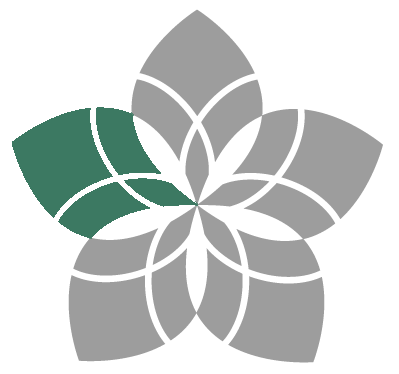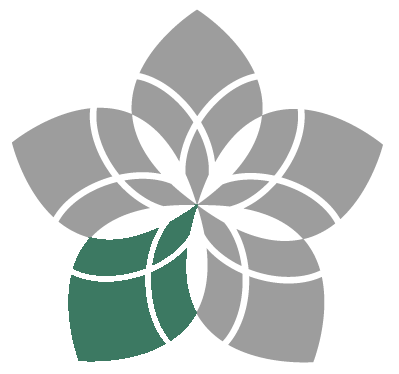To guide its activities, The Lab has developed its own unique, action-oriented conceptual framework. Synthesized by Dr. Michael Ben-Eli, this framework and its key components have been refined and applied in conjunction with numerous consulting and project development initiatives of all kinds and in many parts of the world.
The term “sustainability,” a relatively recent addition to our lexicon, has been widely and indiscriminately used to the point of trivialization.
We hold that the ultimate objective of establishing the concept of sustainability as an organizing principle is to foster a well-functioning alignment between individuals, society, the economy and the regenerative capacity of the planet’s life-supporting ecosystems. This alignment represents a particular type of balance in the interaction between a population and the carrying capacity of its environment. It is this specific balance that must be the focus of a meaningful, operational definition of sustainability.

The Lab offers the following definition of “sustainability”:
“A dynamic equilibrium in the process of interaction between a population and the carrying capacity of its environment such that the population develops to express its full potential without producing irreversible, adverse effects on the carrying capacity of the environment upon which it depends.”
This equilibrium has been greatly disturbed in our time, making the current trajectory of human affairs unsustainable.
An essential road map to developing model sustainability practices.
The Five Core Principles are derived from The Lab’s definition of sustainability, and they relate to five key domains: the Material Domain, the Economic Domain, the Domain of Life, the Social Domain, and the Spiritual Domain.
Constitutes the basis for regulating the flow of materials and energy that underlie existence.

The First Principle: Contain entropy and ensure that the flow of resources, through and within the economy, is as nearly non-declining as is permitted by physical laws.
Provides a guiding framework for creating and managing wealth.

The Second Principle: Adopt an appropriate accounting system to guide the economy, fully aligned with the planet’s ecological processes and reflecting true, comprehensive biospheric pricing.
Provides the basis for appropriate behavior in the biosphere.

The Third Principle: Ensure that the essential diversity of all forms of life in the biosphere is maintained.
Provides the basis for social interactions.

The Fourth Principle: Maximize degrees of freedom and potential self-realization of all humans without any individual or group adversely affecting others.
Identifies the necessary attitudinal orientation and provides the basis for a universal code of ethics.

The Fifth Principle: Recognize the seamless, dynamic continuum
Of mystery wisdom, love, energy and matter
That links the outer reaches of the cosmos
With our solar system, our planet and its biosphere
Including all humans, with our internal metabolic systems
And their externalized extensions —
Embody this recognition in a universal ethics
For guiding human actions.
A perspective on evolution and a theory of change: A potent blueprint for addressing complexity and managing significant change processes.
This blueprint is informed by Cybernetics, a discipline which provides the necessary conceptual framework for understanding how complex systems work.
A systems approach and a system-oriented design strategy: A comprehensive methodology for guiding project planning and facilitating development initiatives.
This approach integrates a number of essential traditions, notably Buckminster Fuller’s Design Science, Russell Ackoff’s Idealized Design, and Stafford Beer’s Viable System Model.
The Lab’s unique conceptual framework; its global orientation; its multidisciplinary, multi-institutional and multi-sector approach; and its tradition of linking theory, practice and education, combine to create a unique value proposition. This combination is intended to produce a vehicle for effective sustainability advances in the service of humankind.